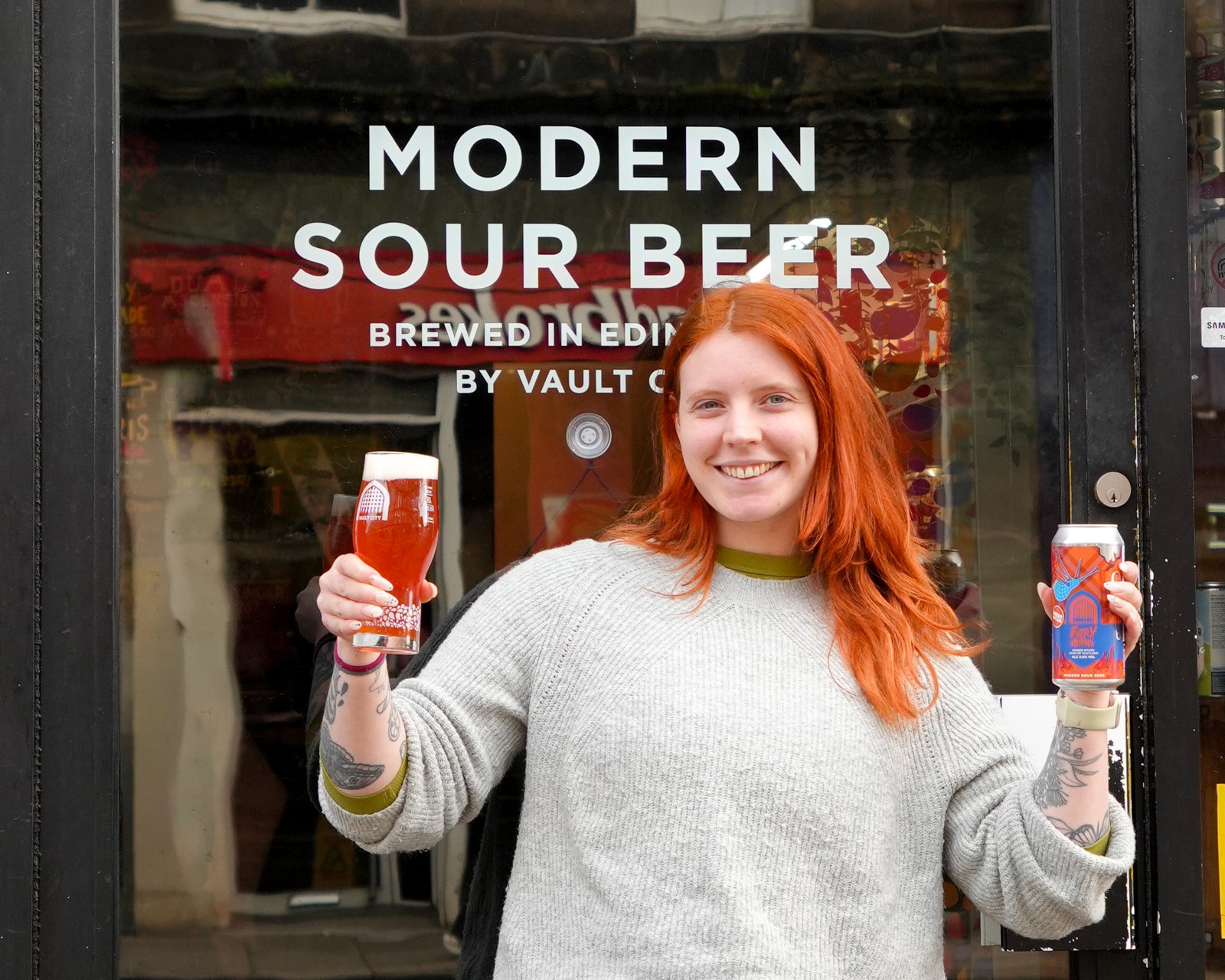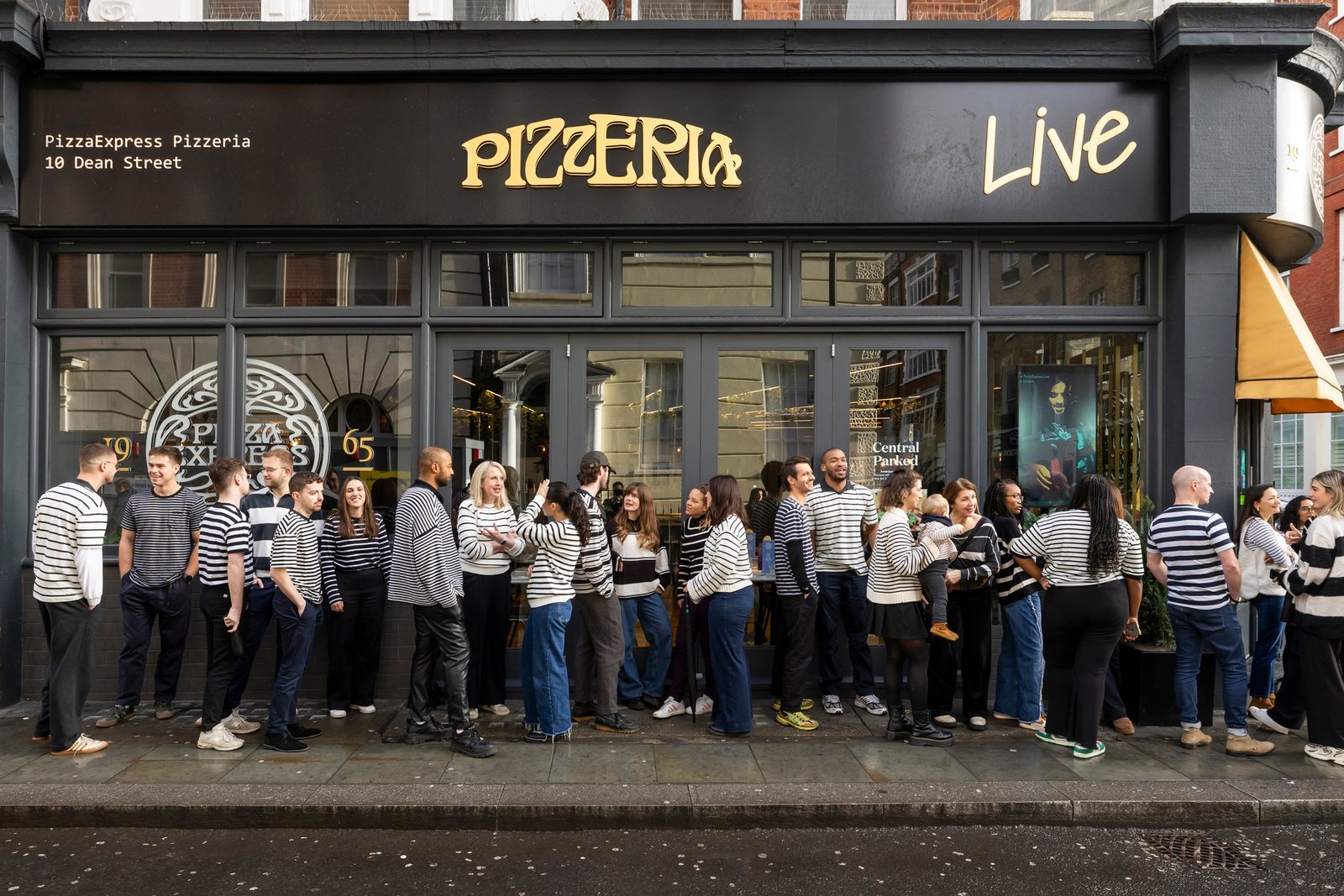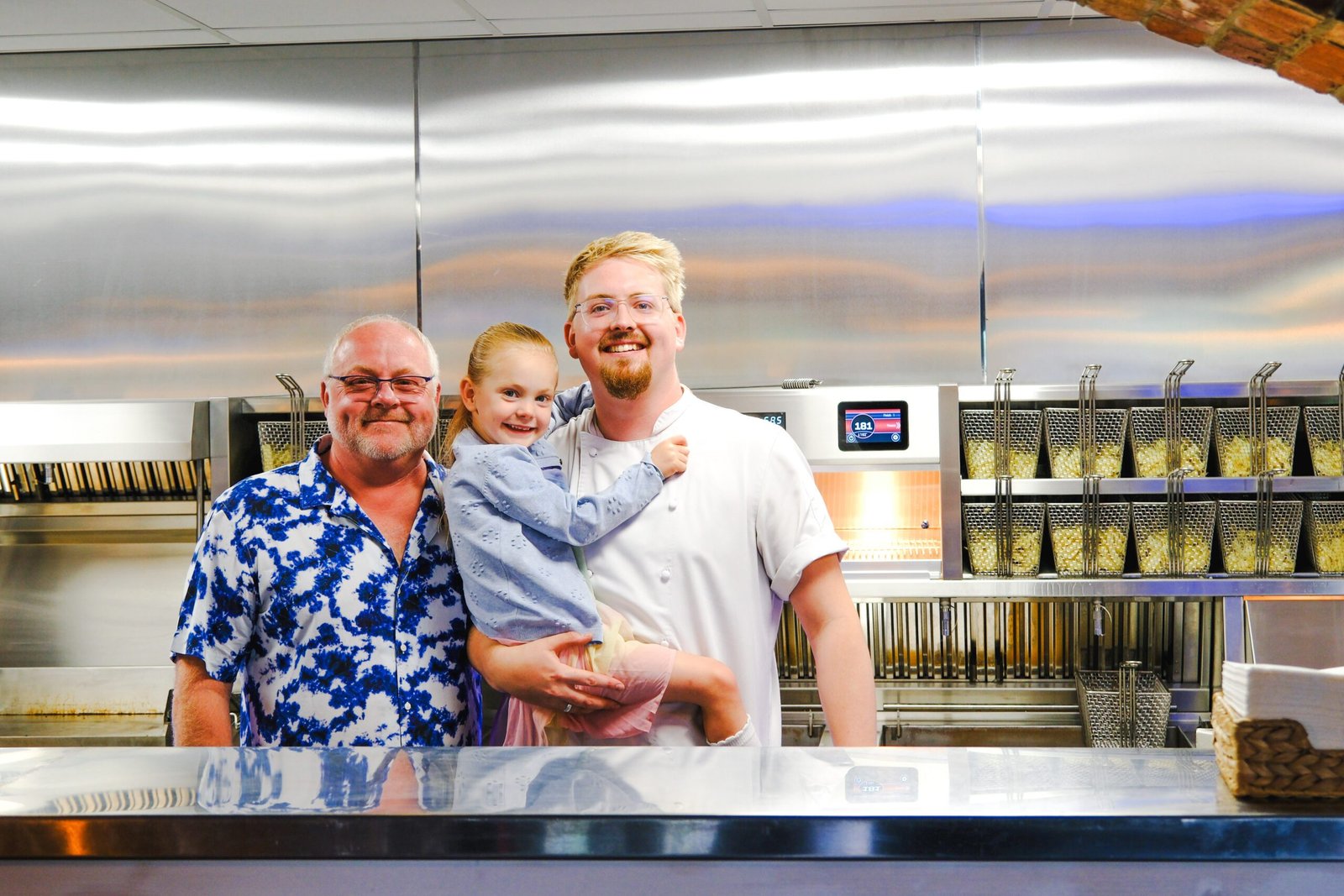WITH outdoor events and festivals cancelled during the COVID-19 pandemic, Scotland’s food truck industry is slowly recovering, enticing customers with tantalising and exciting food offerings. You will see an explosion of food trucks across the country, from parks to farmer’s markets, beach promenades, and other scenic spots.
If you’re planning a food truck business, you’re on the right track. However, one of the things to keep in mind is that you’ll face stiff competition. Aside from competing with other food truck brands in Scotland, you’ll also compete with full-service restaurants, fast food chains, and others. If you want to stand out, you need to be able to keep up with the latest.
Here are the latest trends in the Scottish food truck industry.
- Street Food
A food truck has lower overhead costs than a brick-and-mortar restaurant, which explains why many first-time food business owners would prefer to open a food truck business to get started. In addition, the food truck trend is becoming more mainstream, with many people now choosing to dine at parks and outdoor spaces. If you want to get into the business but are unsure about your menu offerings, why don’t you consider street foods?
Street foods are among the latest trends in Scotland’s food truck industry. You can easily prepare them, and customers can eat directly onsite. Aside from the usual fish and chips, the other popular options are Haggis Bon Bons, Venison Burger, Scotch Eggs, and Gourmet Hot Dogs.
Burgers are the staple for many food truck businesses in Scotland. They are easy to prepare and a big hit for middle-class millennials, the target market for most food trucks in Scotland. The burger’s fast-serving nature makes it an excellent speciality on many food truck menus. It’s a grab-and-go item and is not complicated to prepare.
Expect plenty of competitors when you choose burgers for your food truck business. So, offer a unique flavour not on your competitors’ menu to stand out.
- Vegan and Vegetarian Options
One of the most noteworthy trends in the food industry, not just those in the food trucks, is the integration of healthier alternatives on their menu, specifically vegan and vegetarian options. As more and more people are embracing a healthier lifestyle, those in the food business should cater to the growing demand by offering more nutritious choices.
If you want to keep up with the trend, consider diversifying your menu to include vegan and vegetarian options to respond to the rise of health-conscious consumers. Thus, the latest trends in the Scottish food truck industry highlight the successful ventures that have adapted to this shift, presenting nutritious, delicious, and innovative plant-based food options.
The plant-based trend seamlessly aligns with the broader dietary shifts, reflecting society’s move towards healthier lifestyles. In fact, the increasing popularity of food trucks is due to the industry’s responsiveness to the constantly evolving consumer preferences, which marks a significant theory shift in the food industry’s culinary offerings. As food trucks embrace contemporary dietary trends, their popularity will persist and thrive among diverse consumers.
- A Focus on Cleanliness
All food businesses in Scotland must adhere to high safety standards. Whether you’re operating a small food truck in your local neighbourhood, from a public park, or outside offices, your business should adhere to the food safety regulations, which include ensuring cleanliness in your kitchen.
Ensuring cleanliness in your food truck kitchen is non-negotiable in Scotland. Your food truck is a commercial kitchen, which means it has to meet the health and safety standards required from businesses in the food industry. Consider joining food hygiene courses to make sure you’re delivering food safely. It’s the best way to gain knowledge and understanding to ensure food is handled safely in your food truck business.
Due to the limited space in food trucks, the food can jam closely with equipment and other things you use in food preparation. Thus, cross-contamination is highly possible.
Remember that a clean food truck guarantees safety for everyone, not only in the food you prepare but in preventing accidents, injuries, and fires that could put your workers at risk.
- The Use of Tech
Technology is causing transformations in various industries, including food trucks. In Scotland, food truck businesses are turning to innovations to improve their service and expand the business. For instance, some food trucks leverage online ordering, mobile apps, and QR code payments, offering more convenience to hungry consumers.
By embracing technology, food truck businesses are enhancing the efficiency of their business operations to align with the broader trend of the increasing popularity of food trucks. In addition, emerging tech trends continue to reshape the food truck experience. Contactless payments are now the norm, ensuring a safe and fast transaction between vendors and consumers.
A cutting-edge concept called virtual food trucks is also on trend in the Scottish food truck industry, allowing customers to explore and order from a virtual menu, eliminating the need to be physically present. Such a concept helps expand the reach of mobile kitchens.
You Might Also Like:
No related posts.
- Sustainability
We are now at a time where environmental consciousness is crucial. Thus, the food truck industry of Scotland prioritises sustainability more than ever, as evident in practices like responsible sourcing and eco-friendly packaging. Many food truck businesses have successfully adopted green initiatives, which include using sustainable food packaging and integrating environmentally friendly practices that resonate positively with their consumers.
The connection of sustainability to the food truck sector is the industry’s response to societal demands and a strategic move to improve brand loyalty. Statistics show that the food truck industry’s sustainability initiatives align with consumer values and contribute to the industry’s positive perception and overall growth.
Sustainable sourcing of raw materials in the food industry can significantly impact the environment by reducing negative impacts towards forestry, agriculture, and fisheries. It can include sourcing from suppliers that adopt environment-friendly practices and use regenerative agriculture practices or those that reduce the use of pesticides.



















